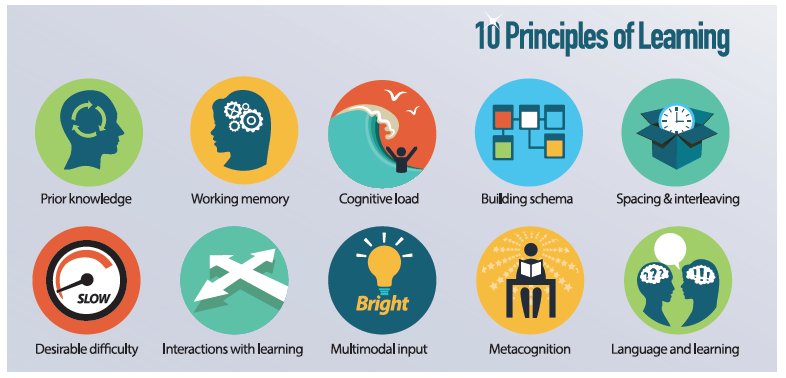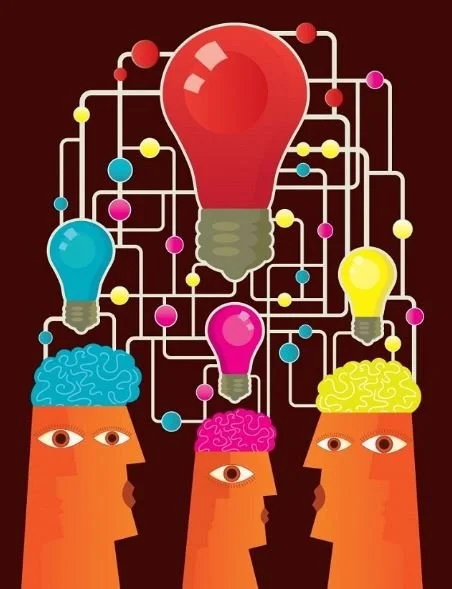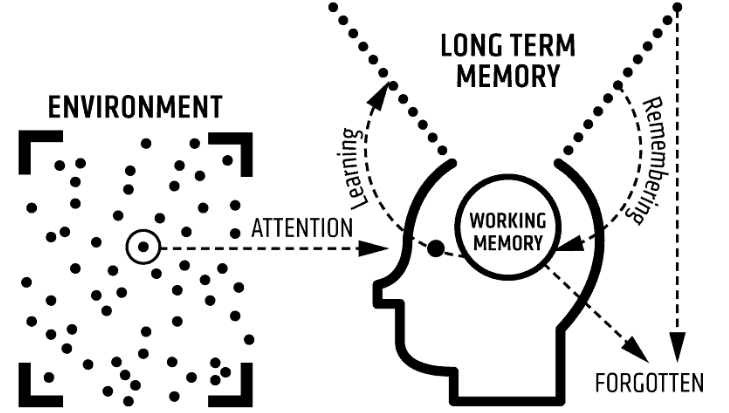We believe that every child has the right to a high quality education that prepares them well for their future. The biggest challenge facing teachers is how to achieve this in the classroom. Children are all unique and they arrive at school with different life experiences, at different starting points on their educational journey and with different talents and skills. In our experience, there is no one pedagogical approach that can deliver academic excellence for every child. There is no ‘one fits all’ model. However, we believe that learning-to-learn is a science and there are several evidence-based theories that drive our approach to teaching and learning.
Learning is a collaborative process: “Two Heads are Better than One!”
For us at BATS, learning is maximised when teachers and pupils work together to achieve the best outcomes. Our core belief is that it is a teacher’s role is to get the best out of every pupil both academically and socially by developing a range of resources and teaching approaches that enable them to think their way through the learning. The best way to do this, is to get to know each pupil well and develop strong positive relationships. Through this collaboration, pupils become active participants in their learning and this facilitates much richer learning experiences that deepen pupils’ knowledge and explore their own understanding of key concepts and ideas.
Cognitive Load Theory:
Cognitive Load Theory (CLT) is an instructional design theory that deals with how the human brain processes and stores information. Cognitive load is referred to as the amount of information that our working memory capacity can hold at one time. Sweller J argues that human memory has a limited capacity; therefore, instructional procedures need to avoid overloading it with those activities that don't directly enhance learning. In order to maximise learning, educators need to ensure that they avoid overloading the brain’s working memory so that the brain can convert this new learning into its long-term memory store where it can be retrieved and applied when necessary; so that it is learnt and not forgotten!
Metacognition—thinking about thinking:
Metacognition is the way in which we make children aware of their own cognitive processes—that is for them to reflect on their own thoughts. Scientific evidence suggests that reflecting on our own thoughts improves the understanding of our own feelings and how we learn best. It changes the “I can’t…” into “How can I…”, the “I am bad at…” into “next time I will try…” The use of metacognitive strategies in education helps to boost both self-esteem and levels of pupil engagement and motivation.
Developing Learning Behaviours: Life-Long Learners!
We believe developing positive learning behaviours is crucial to successful academic achievement. These skills include: learning to learn, self-regulation, effective communication, motivation, resilience, creativity, critical thinking, collaboration. These key attributes are founded on the principles of respect and trust between the educator and pupils.




